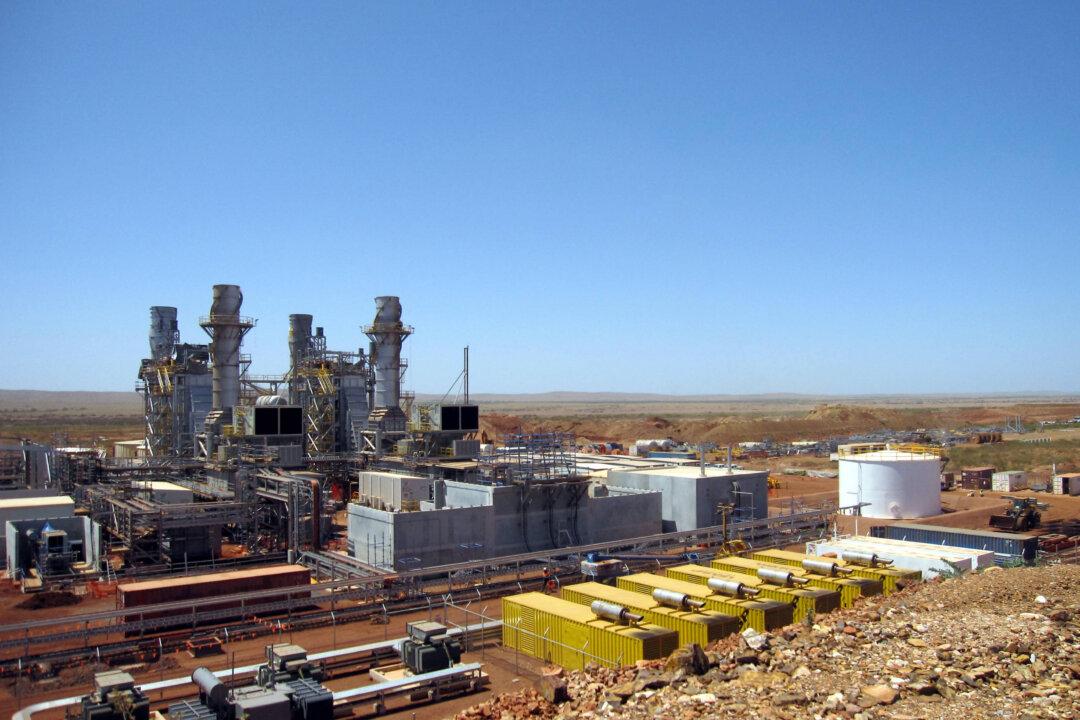The growing “anti-mining sentiment” in the past decades has led the public to underestimate the importance of the mining industry despite it being so embedded in people’s daily lives, an international mining conference has been told.
Australia’s Federal Opposition Resources Spokeswoman Susan McDonald on June 26 called on industry groups to “stand up and tell the world what vital work you do,” saying said that over-regulation and misinformation are throttling the resources sector.




